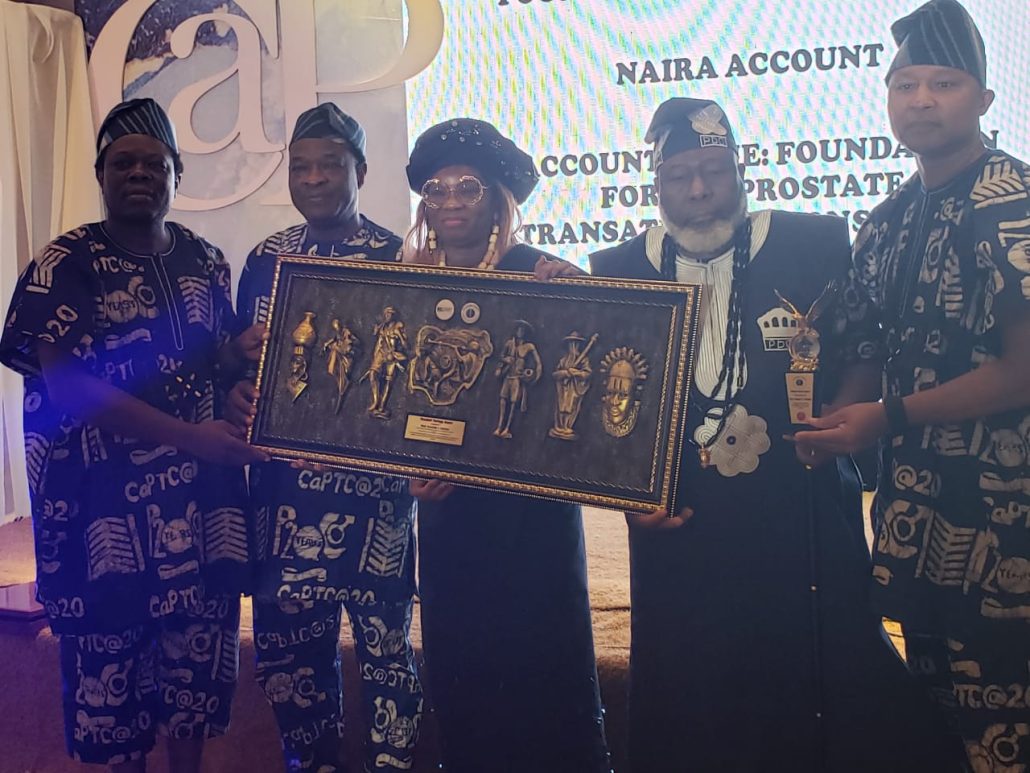
Despite two decades of breakthroughs in global research, prostate cancer remains a deadly shadow over African men — claiming fathers, husbands, and breadwinners when detected too late.
Scientists warn that without urgent investment in early detection, survivor support, and Africa-based clinical trials, the disease will continue to rob families of their pillars.
This call to action was renewed in Lagos as the Prostate Cancer Transatlantic Consortium (CAPTC), a network of researchers, clinicians, and survivors, marked its 20th anniversary.
“African men are still more likely to be diagnosed at a late stage and more likely to die from prostate cancer than their counterparts in Europe or North America. Behind every statistic is a family shattered,” said Prof. Folakemi Odedina, Professor of Haematology and Oncology at Mayo Clinic.
According to the World Health Organisation, prostate cancer is now the most common cancer among men in sub-Saharan Africa, with incidence and mortality rates climbing rapidly. Yet awareness, screening, and treatment remain limited, trapping many men in cycles of late detection and devastating outcomes.
Experts argue that imported solutions cannot fully address Africa’s burden. Prof. Solomon Rotimi of Covenant University explained that most cancer drugs are tested in Europe and America, where diets, genetics, and lifestyles differ significantly.
“You cannot enter your house through another man’s gate. Drugs tested abroad may not work the same way here. A meal in Europe may be bread and coffee, but in Nigeria it could be pounded yam and soup. Outcomes differ. Our men need treatments tested here, in Africa.”
CAPTC has already pioneered Nigeria-led clinical trials and genetic studies, identifying markers unique to African men and shaping new therapies. But researchers say policy and funding must catch up with science if progress is to be sustained.
The impact of late detection is deeply personal. Dr. Ebenezer Nkom, a consultant surgeon and CAPTC member, called prostate cancer “a silent killer of men of a particular age group.”
“When the man goes, the family scatters. But if you get it early, the chances of cure are real. The tragedy is that too many men in Africa only show up when it is too late.”
For survivors like 73-year-old retired soldier Captain Yahaya Ayinde Yahaya, early access to testing changed everything. Today, he advocates within his community, organising free prostate cancer tests for hundreds of men.
“I accepted my fate when I was diagnosed, but CAPTC turned me into an advocate. I now tell men that knowledge can save your life. Silence kills.”
As CAPTC looks to its next 20 years, the vision is clear: build a pipeline of African researchers, expand community awareness, and tailor treatments to African realities.
“Our goal is formidable — to eradicate prostate cancer in men of African ancestry. It will take research, policy, and community action working hand in hand. The cost of inaction is measured in lives lost,” said Prof. Odedina.
Prof. Clayton Yate of Johns Hopkins School of Medicine summed up the challenge:
“Genome sequencing has changed therapies worldwide, but unless access improves here in Africa, too many men will continue to die needlessly.”
For families across the continent, the message is simple yet urgent: early detection saves lives. Local research saves futures. And silence is no longer an option.